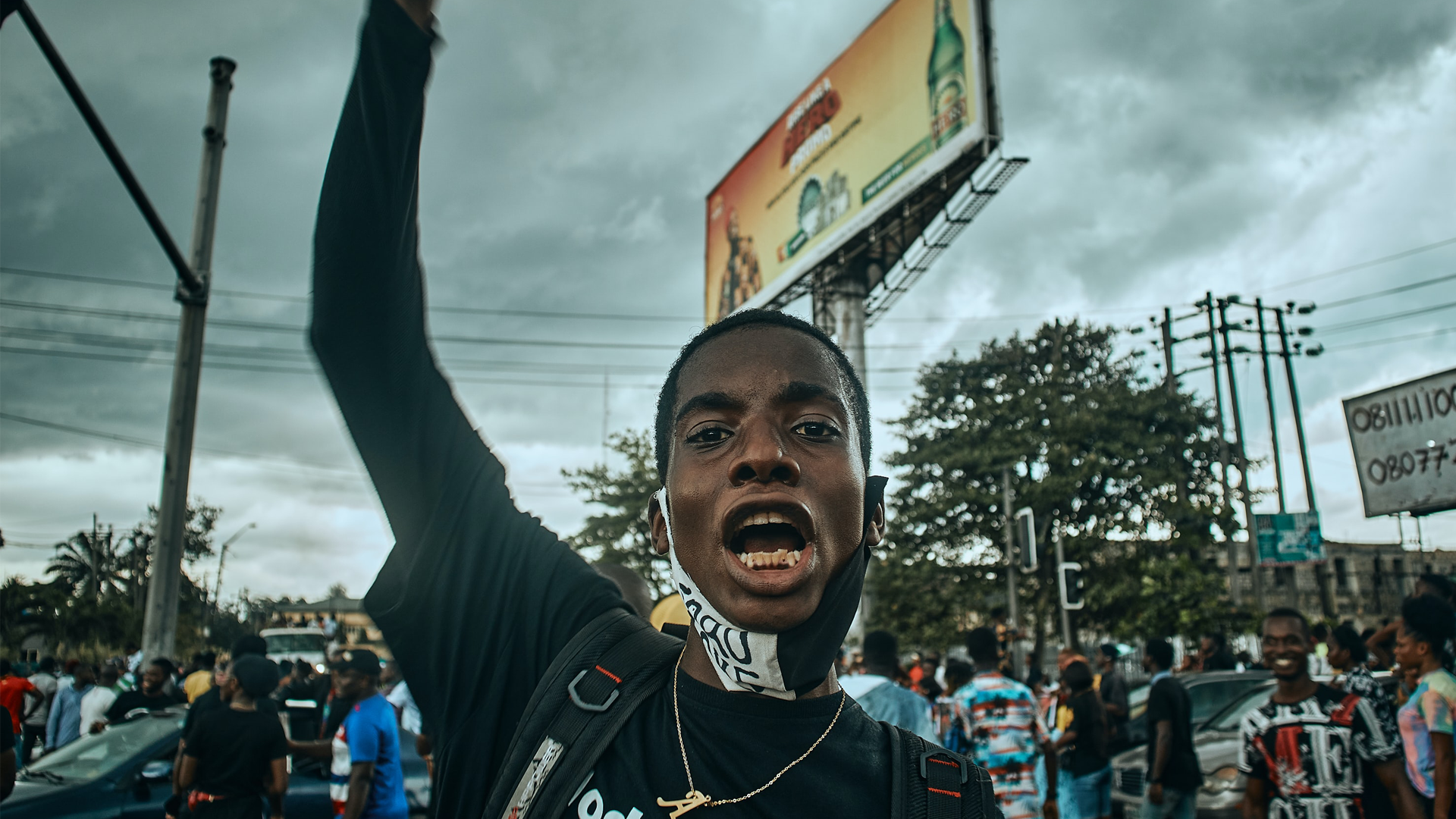How are Africa’s Gen Z climate activists using social media to boost climate education and awareness with world leaders?
Climate change effects can be felt across the globe. Africa is most vulnerable despite emitting the least greenhouse gases, only contributing 2-3% of all global emissions.
This year, there was little or no celebration during April’s Earth Day. A number of activists, environmental groups, and international organizations condemned actions being undertaken by various African governments and business entities that continue to destroy the environment.
African Gen Z activists have stood up to stand up for climate justice online. Are the concerned leaders listening and acting to the cry of the young people?
What is the reality of the climate situation?
Over 80% of the African population is involved in agriculture, its main source of economic growth.
However, food production is already facing significant problems to climate change – which could affect over one billion people and international supply chains if not addressed. The severity and frequency of both droughts and floods over the last few decades has steadily gotten worse, too, disrupting once-reliable agricultural processes.
Currently, the Horn of Africa is experiencing one of its worst droughts for over 40 years according to the Intergovernmental Authority on Development (IGAD), affecting Kenya, Somalia, and Ethiopia, putting approximately 16.5 million lives at risk of food hunger.
Despite governments and international donors curbing the catastrophe, it may become more severe in the coming years if no long term solution is reached.
Similarly, we recently had a major flooding in Durban, South Africa, which claimed more than 400 lives and rendered thousands homeless in early April.
The floods were attributed to climate change. They have greatly affected Durban’s poorest, who lived in makeshift settlements and have now lost their homes. According to the Red Crescent, 12 countries in Africa will experience devastating floods in the coming years if no action is taken.
Africa’s Congo Basin, the second largest forest area, is under threat as well. The vast trees covering the region of up to six countries have reduced significantly due to deforestation, which is caused by mega companies producing timber, charcoal, and mining for trade.
These six countries’ governments have done little to save the Congo Basin. In reality, some Western companies and governments have camped in these forests and it is considered an ‘economic transformation’ site to help develop Africa’s prospects.
How is this ‘development’ when the amount of carbon dioxide being emitted is more than can be absorbed back by the forest?
As years pass by and such activities continue, the continent will be at its worst, as the Congo Basin remains the food basket of these six African countries while supplying more countries within the continent and the rest of the world.




















